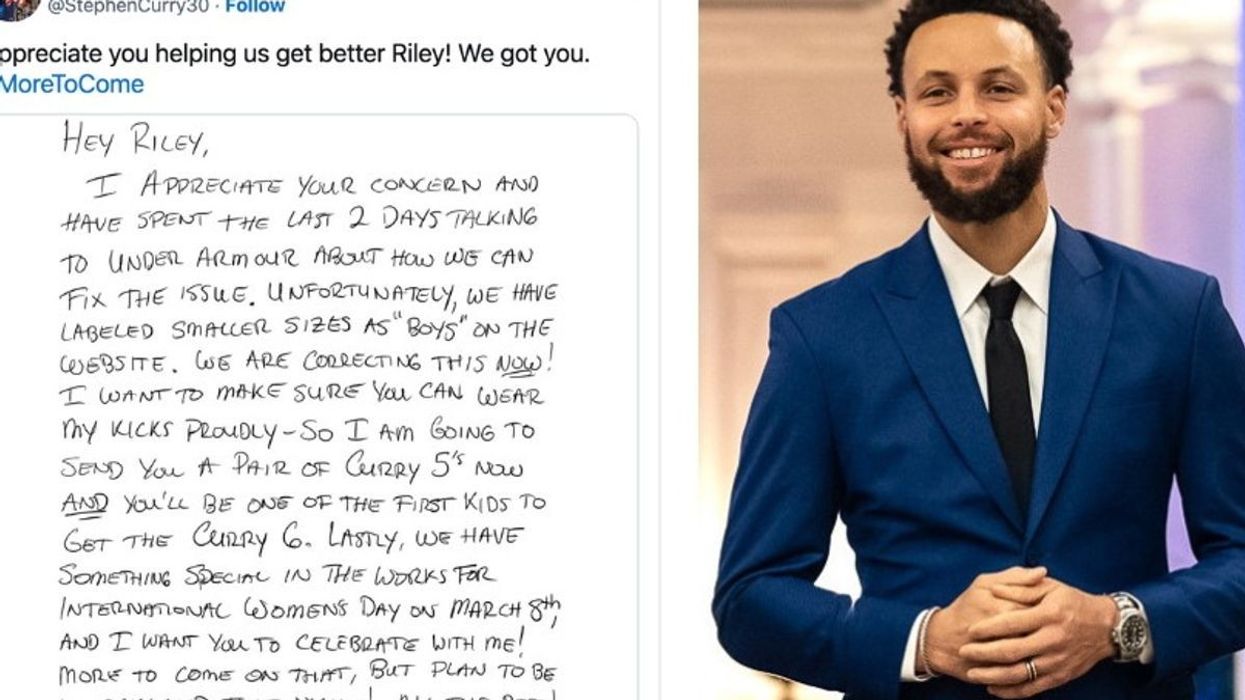Temporality has long been a sound business strategy because of its proven ability to make consumers feel as though they have to act as fast as possible before a seemingly amazing opportunity slips away. We often find phrases like "for a limited time only," "three for the price of one through Labor Day weekend," and "check out our summer blowout sale" plastered with exclamation points framing the facades of retail stores. In the online world, Sevenly, SnapChat, and woot.com are three other great examples of temporality-as-business-strategy.
All this aside, here is the thing that is kind of blowing my mind right now: Dong Nguyen, the creator of popular app, Flappy Bird, may have accidentally created a whole new chapter in the evolution of “temporal business models” the moment he announced on Twitter that he would be removing the Blockbuster app from the app store due to how complex the fame has made his life. Minutes proceeding the app's effective suicide letter, blog posts chanting the stupidity of the app’s creator, even death threats, have been overwhelming the internet for the past week, but is Nguyen’s action to eliminate the app actually a dumb move? Or is it the smartest move in the history of iOs apps? Based entirely on my own healthy speculation, I want to put my money on the latter.
Here is something we all know: the life cycle of a viral video or a popular game is pretty short-lived. Within days, a video that once topped the charts, or a game that once obsessively consumed a user’s life, becomes “so last week.” Speaking generally, popular apps, especially ones developed by indie developers as opposed to massive corporations, almost always have 15 minutes of fame before we all collectively decide to move on to the next one. Largely, perhaps, this is due to the lack of resources to keep something alive and in the public eye for the long run. (Above is a chart I just doodled to illustrate this life span in regards to potential revenue and volume of downloads).
Now, what happened with Flappy Bird the other day was so incredibly puzzling because the moment Nguyen hit the 15th minute of fame, Flappy Bird was all of a sudden granted a 16th minute. Why? The public announcement of the game’s impending removal from the app store went just as viral as the game itself did about a week prior. As you can imagine, this immediately sparked a new rush of downloads for the game.
What I am interested in here with this whole situation is the idea that an app, something we’ve all taken for granted as something that is just kind of always there for us to download and enjoy, is all of a sudden made temporary. I am also interested in how this may point toward an entirely new business strategy for the world of game developers thanks to a couple of harsh realities that are associated with building long-term awareness and success in the app market:
1. The moment a game gains traction and an audience, a whole lot of work is necessary to keep it alive. This means quitting day jobs, hiring a team, consistently responding to issues users are having, building updates, etc. This adds up to a ton of overhead and responsibility that can be very emotionally and personally draining for an indie app developer.
2. If you don’t really know what you are doing, or if you don’t have a substantial amount of resources, more often than not, an investment can very quickly go negative thanks to the unbelievably short attention span of app consumers as well as the rate at which new games are revealed. It is a tough industry to stay competitive in, to say the least, especially if you are not one of the “big guys.”
Here is another chart I just doodled to illustrate why I think that the idea of pulling Flappy Bird out of the market place the moment it became popular was an amazingly smart move, financially:
As this chart is speculating in comparison to the chart I showed earlier, it is possible that the sort of painfully slow process of acquiring new users over the months that follow an app’s initial viral popularity can be accomplished within 22 hours, without any added cost or commitment for the developer. The best part? The moment the app is removed, it can still drive daily ad revenue from the existing user base, and it can still be a popular household name, all without the need for future updates or customer relations (both of which cost a significant amount of money).
Let’s talk about this. So, what do you think? Can a public announcement of an app’s removal, like those “limited time only” signs inspire consumers to actually download much faster? I would love to hear thoughts on this concept in the comments section below. Do you think more apps will live a life of planned obsolescence inspired by Flappy Bird? Is that ethical or fair to the user? Do you think this kind of concept could negatively effect the rate of job creation in the tech industry? What would happen if other popular products that we use daily started to disappear with just 22 hours of notice? As a side note, my high score on Flappy Bird is 97 - how about you?













